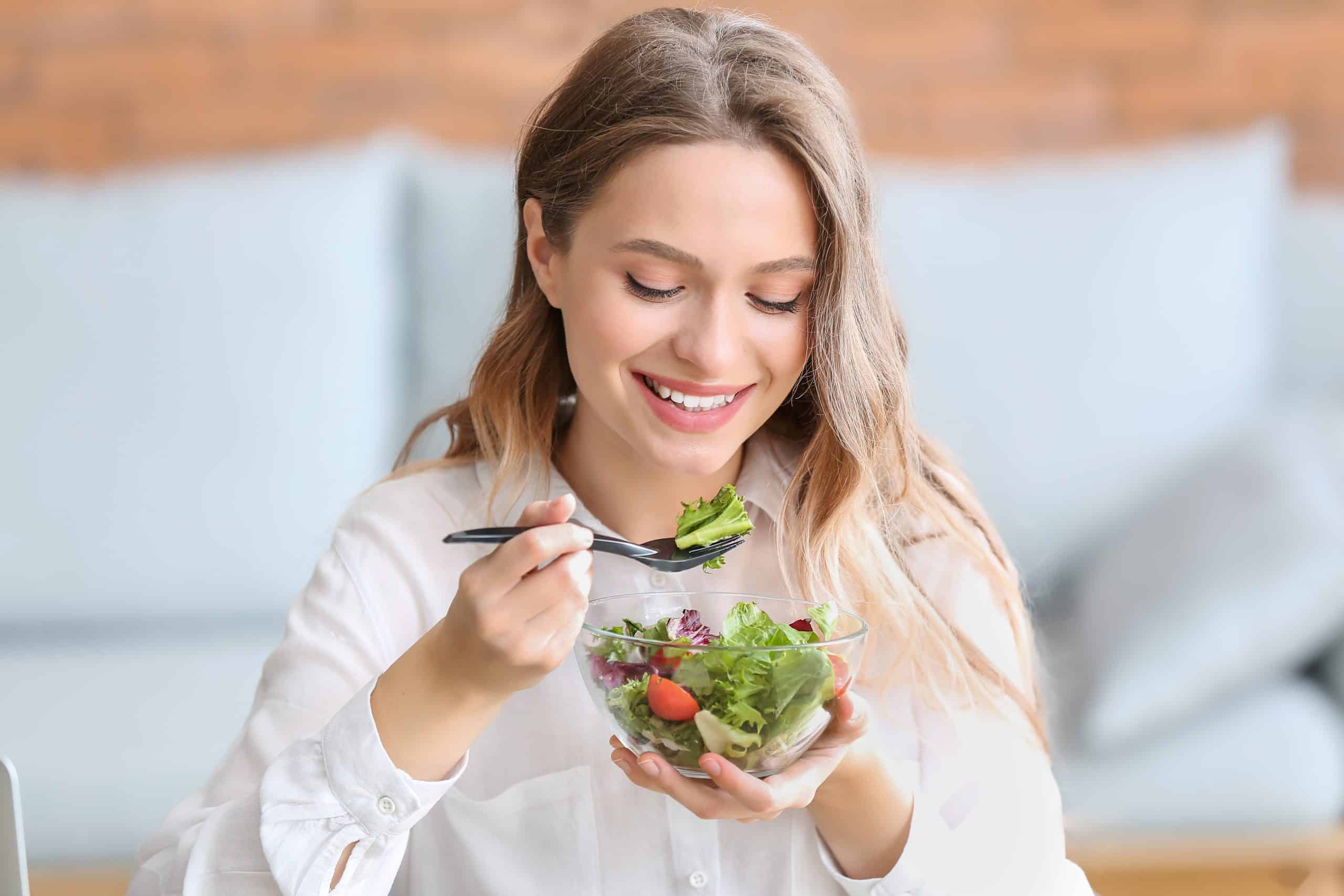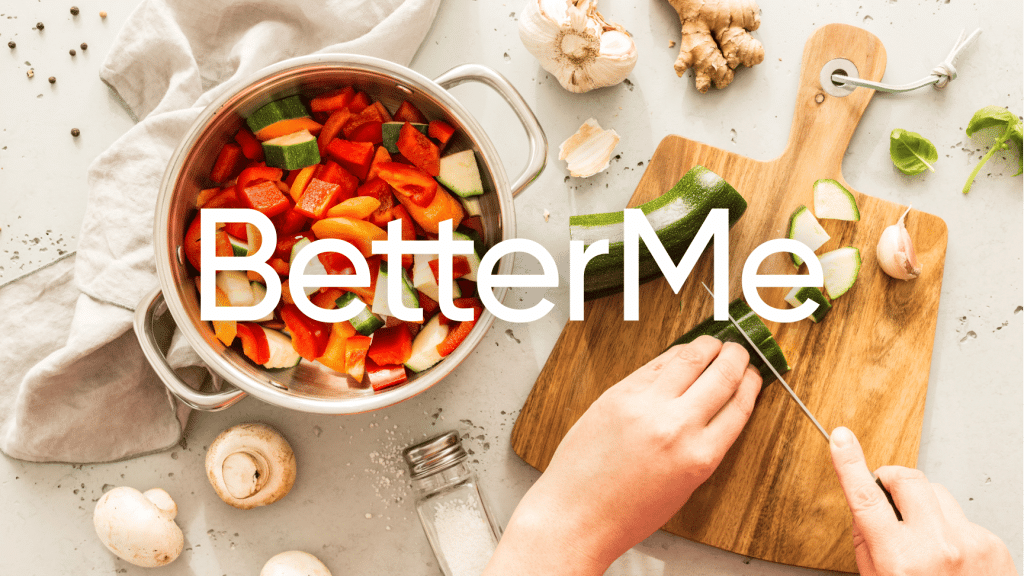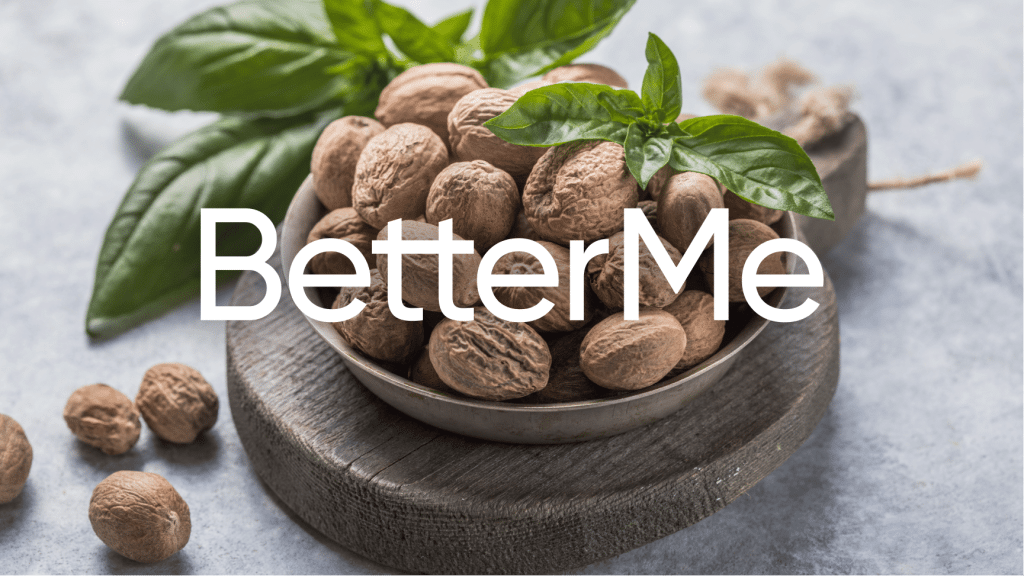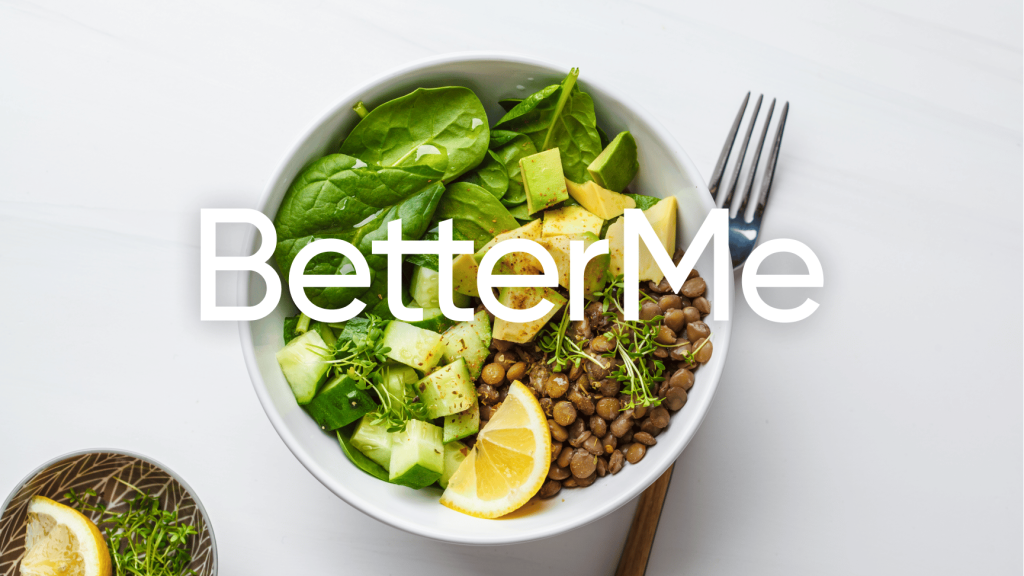The intricacies of a plant-based diet can get confusing. You know that vegetarians don’t eat meat, but you’ve also heard of ‘pescatarians’ who do consume fish, so where does the line blur? Does fish fall into the category of meat or not? Can vegetarians eat fish?
Here’s the thing: vegetarians don’t consume any animal flesh, including beef, pork, and poultry. That includes fish! They also abstain from consuming other animal products, such as eggs and dairy. For a diet to be considered vegetarian by definition, these fundamental rules must be followed.
Now, here comes the interesting part: some vegetarians do eat fish, and they are an exception to the rule. These individuals are known as pescatarians, or pesco-vegetarians. Pescatarians abide by the same basic principles of a vegetarian diet, with one key exception – they allow fish into their meal plans.
There are a few more execeptions; lacto-ovo vegetarians, who include dairy and eggs in their diets, Lacto-vegetarians who consume dairy products, ovo-vegetarians who consume eggs, and vegans – the strictest vegetarian diet of all which requires complete abstention from animal products.
Read on to understand the nuances of each type of vegetarian, especially Pescatariasm, so you can decide for yourself which one is right for you and your lifestyle.
Get your personalized
meal plan!
Do Vegetarians Eat Fish and Meat?
No, vegetarians do not eat fish or meat. The term “vegetarian” typically implies a diet free of all types of animal flesh, including fish and seafood. However, there are variations of vegetarianism, such as pescetarianism, where individuals choose to include fish in their otherwise plant-based diet.
What Are Vegetarians Who Eat Fish Called?
Vegetarians who eat fish are called pescatarians. This word is a derived from both the Latin word for fish, “pesce,” and “vegetarianism.” Pescatarians follow a diet that includes fish and other forms of seafood but excludes the meat of other animals. One might opt for a pescatarian diet for various reasons such as health benefits, environmental consciousness, or ethical beliefs.
Below is a comprehensive list of foods to eat and avoid for a pescatarian diet:
Foods to Eat:
- Fish and Shellfish: Salmon, Tuna, Shrimp, Scallops, Lobster, Mackerel, Trout.
- Eggs and Dairy: Milk, Cheese, Yogurt, Butter, Eggs.
- Fruits: Apples, Oranges, Bananas, Berries, Melons, Peaches.
- Vegetables: Leafy greens, Tomatoes, Bell peppers, Broccoli, Brussels sprouts, Cabbage.
- Whole Grains: Brown rice, Oats, Quinoa, Barley, Buckwheat, Whole grain bread.
- Legumes: Chickpeas, Lentils, Peas, Black beans, Soybeans.
- Nuts and Seeds: Almonds, Walnuts, Chia seeds, Flax seeds, Pumpkin seeds.
- Healthy Fats: Avocado, Olives, Coconut oil, Olive oil.
- Herbs and Spices: Garlic, Basil, Mint, Rosemary, Turmeric, Ginger.
- Beverages: Water, Tea, Coffee, Fresh fruit juice.
Foods to Avoid:
- Meat and Poultry: Beef, Pork, Lamb, Chicken, Turkey, Duck.
- Processed Meats: Bacon, Sausages, Hot dogs, Salami.
- Unhealthy Processed Foods: Fast food, Candy, Soda, Chips, Processed pastries.
- Certain Additives: Some food colorings and additives may be animal-derived, so it’s best to check labels.
Remember, as a pescatarian, you’re essentially following a vegetarian diet that also includes fish and shellfish. So, focus on whole grains, fruits, vegetables, legumes, healthy fats, and, of course, seafood.
Read More: 7-Day Vegetarian Keto Meal Plan for Weight Loss
Why Do Vegetarians Eat Fish But Not Meat?
Actually, true vegetarians don’t eat fish or any other type of animal flesh. However, there’s a subset of individuals who follow a mostly vegetarian diet but include fish and seafood – they’re known as pescatarians. Their choice often stems from different reasons:
Health Considerations
Some people choose a pescatarian diet for health reasons. Fish is a source of high-quality protein and omega-3 fatty acids which are beneficial for heart health (2). Compared to red and processed meats, fish may be a heart-friendlier option.
The omega-3 fatty acids found in fish are also good for keeping a healthy brain and slowing cognitive decline.
Since pescatarian diets are low in saturated fats and high in fiber, they work well for weight management. Of course, you’d have to be in a calorie deficit as well.
The high fiber content from plant-based foods in this diet may also improve your digestive health (3).
While on this diet, you’ll be eating lots of fruits, vegetables, whole grains, and lean proteins. This nutrient profile offers protection against chronic ailments like diabetes, inflammation-related diseases, and much more.
One concern of this diet is the risk of consuming too much mercury, a heavy metal that can be harmful in large amounts and is found in all fish, but some types contain higher amounts than others (5). Choosing types of fish that are lower in mercury is advisable.
Additionally, while on the pescatarian diet, some may struggle to get enough protein or certain vitamins and minerals, such as iron, vitamin B12, and zinc, which are often more readily available in meat (4).
If you’ve mustered up the courage to crush your weight loss goal, let Betterme take the sting out of this demanding process. Our app will help you restructure your habits, remold your life and crank up your fitness results!
Environmental Concerns
Some people consider fish farming and fishing to have less environmental impact compared to land-based animal farming. They believe by eating fish instead of meat, they’re making a more environmentally friendly choice.
Ethical Reasons
Some individuals feel more comfortable eating fish than land animals due to differing views on animal consciousness and suffering.
Transitioning to Full Vegetarianism
Some people use pescetarianism as a stepping stone towards becoming a full vegetarian or vegan, gradually eliminating different types of animal products from their diet.
It’s important to note that these choices are individual and can vary greatly from person to person. Everyone has their own reasons for the dietary choices they make.
Can a Vegan Eat Fish?
No, a vegan cannot eat fish. Veganism is more than just a diet, it’s a lifestyle that seeks to exclude all forms of ‘animal’ exploitation and cruelty, whether for food, clothing or any other purpose. This means that vegans do not consume meat, fish, dairy, eggs, honey, or any other product derived from animals (9). Fish, being sentient beings, are included in this exclusion.
Furthermore, overfishing is a major problem that threatens ocean ecosystems. By not eating fish, vegans aim to reduce demand and potentially lessen the impact on marine life.
From a nutritional perspective, vegans can obtain all necessary nutrients, including Omega-3 fatty acids commonly sourced from fish, from plant-based sources. Flaxseeds, chia seeds, walnuts, and certain types of algae are all excellent sources of this essential nutrient.
Therefore, consuming fish does not align with the ethical, environmental, and health principles that underpin veganism. The decision to avoid all ‘animal’ products, including fish, makes a powerful statement about respecting all forms of life.
Other Types of Vegetarian Diets and What They Entail
In addition to the pescatarian diet, there are several other types of vegetarian diets (1). Here is a brief overview:
Lacto-Vegetarianism
Foods to Eat and Avoid
Lacto-vegetarians do not consume meat, poultry, fish, and eggs. However, they do consume dairy products like milk, cheese, and yogurt. This means that their diet can include a variety of fruits, vegetables, grains, legumes, nuts, seeds, and dairy products.
Health Benefits
The consumption of dairy provides lacto-vegetarians with essential nutrients like calcium, vitamin D, and protein.
Additionally, a diet rich in plant-based foods may lower the risk of heart disease, high blood pressure, diabetes, and certain types of cancer (6). The high fiber content can also aid in digestion and help maintain a healthy weight (3).
Drawbacks
One potential drawback is the lack of vitamin B12, which is typically found in animal products (12). This could lead to deficiency if not supplemented. Additionally, some people may have difficulty digesting lactose found in dairy products.
Ovo-Vegetarianism
Foods to Eat and Avoid
Ovo-vegetarians do not eat meat, poultry, fish, and dairy products, but they do eat eggs. Their diet consists of fruits, vegetables, grains, legumes, nuts, seeds, and eggs.
Health Benefits
Eggs provide ovo-vegetarians with a good source of protein, vitamin B12, and other essential nutrients (11). Similar to other forms of vegetarianism, an ovo-vegetarian diet may reduce the risk of chronic diseases and promote a healthy weight (1).
Drawbacks
Ovo-vegetarians might face a deficiency in nutrients typically found in dairy, such as calcium and vitamin D, unless they make a conscious effort to obtain these nutrients from other sources or supplements.
Read More: 7 Vegetarian Green Bean Recipes That Are Healthy And Delicious
Lacto-Ovo Vegetarianism
Foods to Eat and Avoid
Lacto-ovo vegetarians avoid all meat, poultry, and fish but do consume dairy products and eggs. This diet includes a wide range of foods including fruits, vegetables, grains, legumes, nuts, seeds, dairy, and eggs.
Health Benefits
Lacto-ovo vegetarians can enjoy the health benefits of both lacto- and ovo- vegetarianism, getting ample protein, calcium, and vitamin B12. This diet may lower the risk of several chronic diseases and help maintain a healthy weight.
Drawbacks
While this type of vegetarianism is generally well-balanced, individuals must still be mindful of their intake of ultra processed foods and ensure they are getting a wide range of nutrients. Overconsumption of dairy can also lead to higher intake of saturated fats.
Pollo-Vegetarianism
Foods to Eat and Avoid
Pollo-vegetarians avoid all meat, fish, eggs and dairy products. This diet is mainly composed of fruits, vegetables, grains, legumes, nuts, seeds, and some poultry such as chicken or turkey.
Reasons why BetterMe is a safe bet: a wide range of calorie-blasting workouts, finger-licking recipes, 24/7 support, challenges that’ll keep you on your best game, and that just scratches the surface! Start using our app and watch the magic happen.
Health Benefits
Eating mostly plant-based foods along with poultry may help reduce the risk of heart disease and certain types of cancer (8) (10). It can also help keep cholesterol levels down, promote a healthy weight, and provide adequate protein.
Drawbacks
Pollo-vegetarians need to be mindful of their saturated fats intake since poultry can contain high levels, depending on the part of the animal and whether the skin is consumed. Additionally, they should pay close attention to hygiene when handling raw poultry to avoid food-borne illnesses.
Making the Switch to a Vegetarian Diet
For those looking to make the switch to a vegetarian diet, it’s important to understand that this is an individual and gradual process. It can take some time for your body to adjust and start feeling its best.
Here are some tips on how you can smoothly transition into a vegetarian lifestyle:
- Start by incorporating more plant-based foods into your diet. Begin to replace some of your meat dishes with vegetarian alternatives and explore new types of vegetables, grains, and legumes.
- Find reliable sources for information on nutrition. Get familiar with the nutrients you need for a balanced and healthy diet so that you’re able to meet all your needs.
- Join a community for support and motivation. Look for online forums, meetups or social media groups of vegetarians to receive advice and encouragement on your journey.
- Build healthy habits gradually. Start by reducing the amount of meat you consume and slowly introduce vegetarian meals into your diet.
- Be mindful when eating out. Ask restaurants about the ingredients in their dishes to ensure that they’re vegetarian-friendly. In some cases, you may be able to request modifications.
- Don’t forget supplements. It may be necessary to take a B12 supplement or a multivitamin if your diet is lacking essential nutrients. Talk to your healthcare provider about this.
The Bottom Line
Vegetarians have many dietary options, each with its own unique benefits and drawbacks. Regardless of the type of vegetarianism you decide to pursue, it’s important to consume a wide variety of nutrient-dense foods and be mindful of any potential deficiencies.
With proper planning and knowledge, you can maintain a healthy and balanced vegetarian diet that meets all your nutritional needs while helping to protect your body from chronic disease.
DISCLAIMER:
This article is intended for general informational purposes only and does not serve to address individual circumstances. It is not a substitute for professional advice or help and should not be relied on for making any kind of decision-making. Any action taken as a direct or indirect result of the information in this article is entirely at your own risk and is your sole responsibility.
BetterMe, its content staff, and its medical advisors accept no responsibility for inaccuracies, errors, misstatements, inconsistencies, or omissions and specifically disclaim any liability, loss or risk, personal, professional or otherwise, which may be incurred as a consequence, directly or indirectly, of the use and/or application of any content.
You should always seek the advice of your physician or other qualified health provider with any questions you may have regarding a medical condition or your specific situation. Never disregard professional medical advice or delay seeking it because of BetterMe content. If you suspect or think you may have a medical emergency, call your doctor.
SOURCES:
- A Look at Plant-Based Diets (2021, ncbi.nlm.nih.gov)
- Fish oil and omega-3 fatty acids in cardiovascular disease: do they really work? (2011, ncbi.nlm.nih.gov)
- Health benefits of dietary fiber (2009, academic.oup.com)
- Intake and adequacy of the vegan diet. A systematic review of the evidence (2021, pubmed.ncbi.nlm.nih.gov)
- Mercury and health (2017, who.int)
- Nutritional Update for Physicians: Plant-Based Diets (2013, ncbi.nlm.nih.gov)
- Omega-3 Fatty Acids and Heart Health (2015, ahajournals.org)
- Plant-based diets and cardiovascular health (2018, ncbi.nlm.nih.gov)
- Position of the American Dietetic Association: vegetarian diets (2009, pubmed.ncbi.nlm.nih.gov)
- Role of poultry meat in a balanced diet aimed at maintaining health and wellbeing: an Italian consensus document (2015, ncbi.nlm.nih.gov)
- The Golden Egg: Nutritional Value, Bioactivities, and Emerging Benefits for Human Health (2019, mdpi.com)
- Vitamin B12 and folate status in Spanish lacto-ovo vegetarians and vegans (2019, ncbi.nlm.nih.gov)













